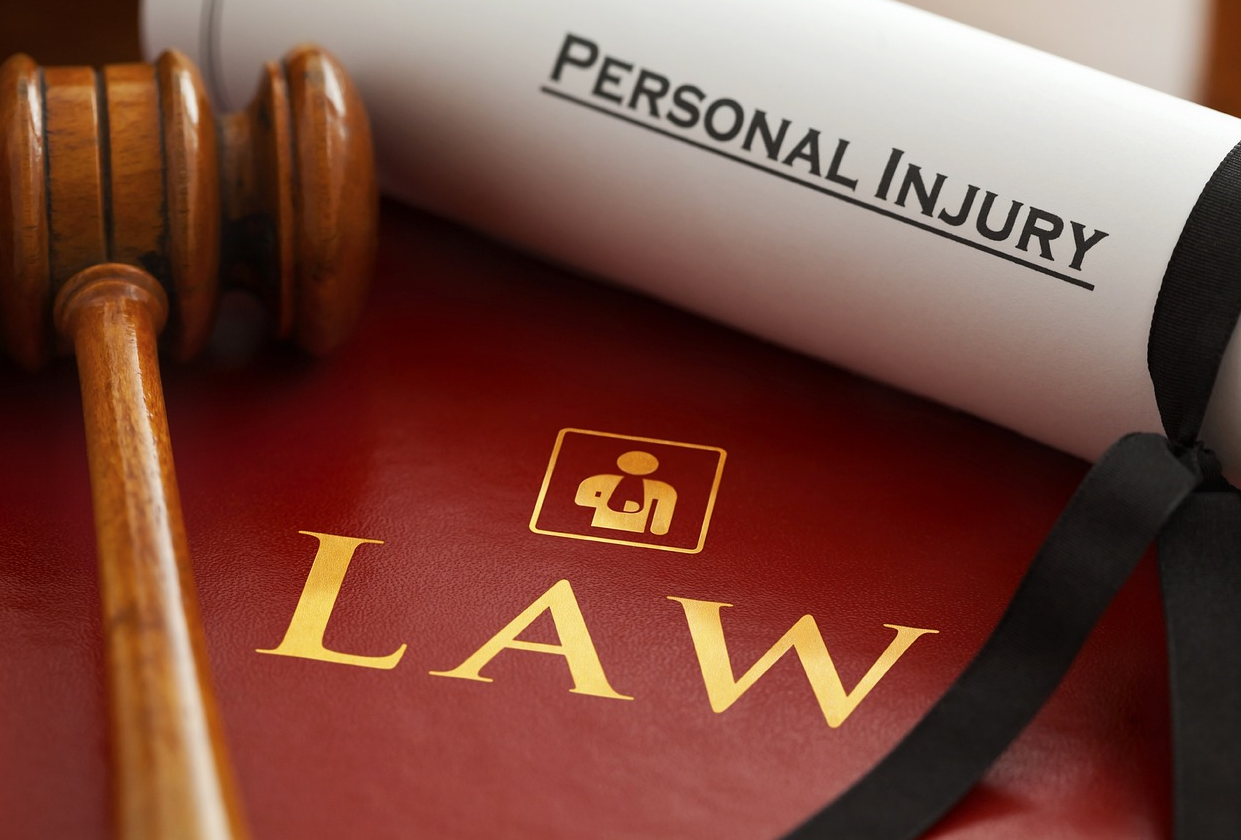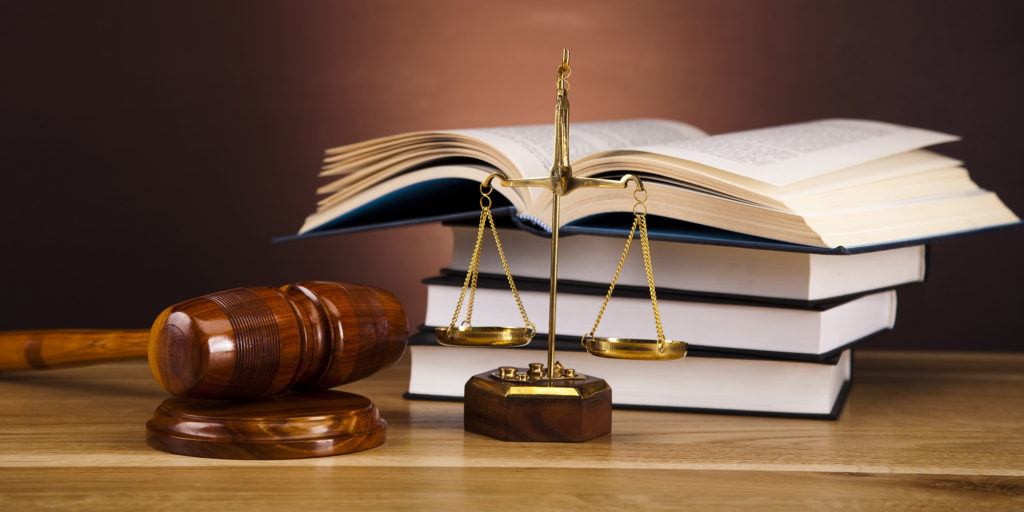Have you ever wondered what happens when someone gets injured in an accident and who covers the costs? Personal injuries can disrupt lives in an instant, leading to a whirlwind of medical bills, missed work, and emotional turmoil. This is where personal injury compensation steps in, providing essential financial support to help victims recover.
In this blog post, we’ll discuss the different types of compensation available and what they mean for those affected by such unfortunate events. Whether you’re dealing with a personal injury situation or simply want to learn more, understanding this process can be an invaluable tool. Read on!
Medical Expenses
Medical expenses are one of the most common forms of compensation in personal injury cases. When someone is injured, medical bills quickly become overwhelming. Compensation for medical expenses include coverage for hospital visits, surgeries, physical therapy, medications, and any necessary medical equipment. This type of compensation ensures that the injured individual does not bear the financial burden of medical care that arises from an accident.
Lost Wages
Injuries can lead to time away from work, resulting in lost wages. Personal injury compensation can cover these lost earnings, providing financial relief for the period when the victim is unable to work due to their injuries. This type of compensation not only accounts for the time missed during recovery but also covers any future earnings lost if the injury affects the individual’s ability to perform their job in the long term.
Pain and Suffering
Pain and suffering compensation addresses the physical and emotional distress caused by an injury. Calculating this type of compensation can be complex, as it goes beyond tangible costs. It considers the severity of the injury, the pain endured, and the impact on the victim’s quality of life. Courts may rely on specific formulas or evaluations to determine a fair amount, reflecting the unique personal impact on the victim’s day-to-day existence.
Emotional Distress
Emotional distress compensation is designed to cover psychological impacts resulting from the injury. This can include anxiety, depression, or traumatic stress disorders developed due to the accident and injury. Like pain and suffering, emotional distress compensation seeks to address intangible impacts, validating the profound effect that an injury can have beyond just physical symptoms.
Loss of Consortium
When an injury affects the plaintiff’s relationship with their spouse, compensation for loss of consortium may be pursued. This type of compensation addresses the loss of affection, companionship, or sexual relations between spouses due to the injuries suffered. While it is claimed by the uninjured spouse, it represents recognition of how the injury has altered the couple’s relationship dynamics.
Property Damage
In many personal injury cases, especially those involving car accidents, property damage compensation is necessary. This covers the cost of repairing or replacing personal property that was damaged in the incident. Ensuring this compensation is addressed allows victims to recover more comprehensively, beyond their personal physical and emotional recovery.
Punitive Damages
Punitive damages are not awarded in every personal injury case. They are intended to punish particularly egregious behavior and deter future misconduct. These damages exceed compensatory damages and serve as a statement against the defendant’s actions. While challenging to obtain, they emphasize the legal system’s advocacy for justice beyond mere compensation for tangible losses.
Understanding the various types of compensation available in personal injury cases is crucial for anyone trying to navigate the aftermath of an injury. These compensations are designed to address both the tangible and intangible aspects of recovery, supporting victims as they rebuild their lives. From medical expenses and lost wages to emotional distress and punitive damages, each category plays a vital role in ensuring comprehensive recovery.
If you’re facing a personal injury situation, consulting with a personal injury attorney in your area, like Jeeves Law Group, P.A., can be an invaluable step. They can provide expert guidance tailored to the specifics of your case, helping secure the compensation you deserve and ease the burden of the recovery process.
Ultimately, this holistic approach to personal injury claims ensures that you’re not only supported financially but also provided with the means to heal physically and emotionally.



